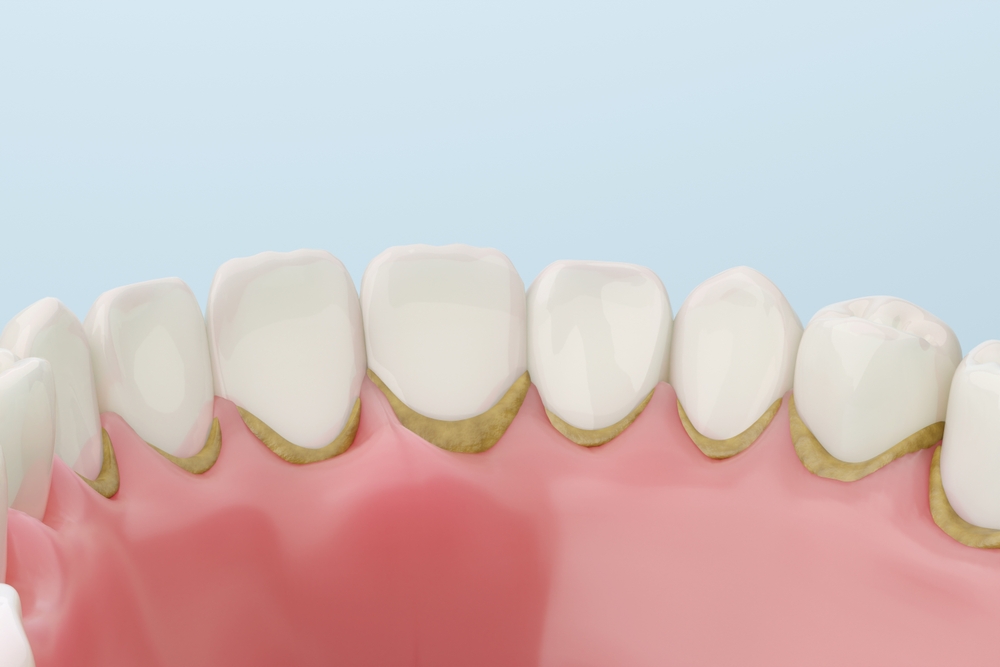Dental Tips: The Battle Against Plaque and Tartar

Maintaining a healthy smile is a cornerstone of overall well-being, but the fight against dental enemies like plaque and tartar can be challenging. As a Toronto dental clinic, we have seen firsthand how maintaining good oral health can impact my patients’ lives. Here are some essential dental tips to help you keep plaque and tartar at bay and ensure your smile stays bright and healthy. (Source: Crest, Dental Plaque and Tartar: Causes, Prevention, and Removal, https://crest.com/en-us/oral-care-tips/tartar-and-plaque/plaque-tartar-causes-prevention-removal#:~:text=Over%20time%2C%20if%20plaque%20isn,help%20of%20a%20dental%20professional).
What Is Dental Plaque?
Dental plaque is recognized as a soft, sticky film that builds up on your teeth. It’s a biofilm produced when saliva, food, and fluids combine, creating an environment that allows bacteria to grow. These bacteria can attack tooth enamel and potentially cause gum disease and tartar buildup if not removed regularly.
Ashraf Dentistry comments, “Understanding the makeup of dental plaque is crucial in combating oral diseases. Regular dental check-ups and maintaining a strict oral hygiene routine are essential. At Ashraf Dentistry, we stress the importance of early education on oral hygiene to prevent the accumulation of plaque from a young age.”
Dental Plaque Leads to Tartar Buildup
If plaque is not removed timely, it may calcify into tartar in just 24 to 72 hours due to minerals from saliva. Tartar, a strongly bonded deposit on teeth, requires professional removal.
Ashraf Dentistry shares, “Tartar is not just a cosmetic issue; it significantly increases the risk of gum disease. Dental professionals, including dentists and dental hygienists, play a crucial role in managing tartar buildup and preventing its formation. They use specialized tools, such as scalers and curettes, to effectively remove tartar from teeth during regular dental cleanings.
These instruments are designed to gently scrape away the hardened deposits without causing damage to the tooth enamel or gums. By removing tartar regularly, dental teams can help maintain optimal oral health and greatly minimize the risk of gum disease.
In addition to removing existing tartar, dental teams also focus on preventive care to help patients prevent tartar buildup in the first place. This includes educating patients on correct oral hygiene practices.”
What Causes Dental Plaque and Tartar?
Plaque and tartar formation is facilitated by foods high in carbohydrates and sugars, which increase bacteria in the mouth.
Ashraf Dentistry expresses, “Our regular diet plays a critical role in maintaining good oral health. The foods we eat can significantly influence the health of our oral cavity. Seeking advice from professionals such as wellness coaches, dentists, and other healthcare providers can provide valuable insights into making informed decisions about our diets.
By receiving nutritional counseling, individuals can learn how to choose foods that benefit their oral health and overall well-being. Making smarter food choices can help reduce the buildup of plaque.”
Spotting the Early Signs of Plaque On Teeth
Plaque can be colorless, making it hard to detect without professional help. Regular dental visits are crucial for spotting and removing plaque before it causes more severe issues.
Ashraf Dentistry says, “We encourage the use of plaque-disclosing tablets for at-home detection as part of our comprehensive oral health strategy. This helps our patients actively manage their dental hygiene.”
Conditions Related to Dental Plaque and Tartar
Unchecked plaque can lead to cavities, gingivitis, and bad breath.
Ashraf Dentistry shares, “Preventive care is the key to avoiding these conditions. Our clinic focuses on thorough cleanings and patient education to fight the effects of plaque and maintain optimal oral health.”
Steps to Prevent Plaque and Tartar Buildup
Preventive measures include brushing with tartar-control toothpaste, flossing daily, and regular dental check-ups.
Ashraf Dentistry expresses, “In order to provide the highest level of care to our patients in Toronto, we take the time to suggest dental products that are uniquely suited to each patient’s individual dental profile. By understanding each individual’s oral health needs, we are able to suggest the most suitable products that will enhance their oral care routine. This method ensures that patients are provided with the most effective tools to prevent the buildup of plaque and tartar, ultimately leading to better overall dental health.
Through our thorough examination and assessment of our patient’s dental profiles, we are able to identify the specific areas that require targeted attention. By customizing oral care routines based on these unique characteristics, we can address any potential issues before they escalate. This proactive approach improves the overall effectiveness of our patient’s oral care and helps minimize the risk of developing more serious dental problems. By taking the time to tailor our recommendations to each individual, we can provide a higher level of care that truly makes a difference in their oral health.”
Dental Plaque and Tartar Removal
Effective removal involves brushing, flossing, and using anti-bacterial mouthwash to address plaque before it becomes tartar.
Ashraf Dentistry highlights, “Professional cleanings are complemented by education on proper brushing and flossing techniques, ensuring our patients maintain a plaque-free mouth between visits.”
Maintaining excellent oral health involves understanding the mechanisms behind plaque and tartar formation and effectively implementing preventive measures. Ashraf Dentistry emphasizes the critical role of regular dental clinic visits, proper dietary habits, and personalized dental care routines in preventing dental diseases. By staying informed and proactive, individuals can ensure their smiles remain healthy and vibrant. Whether through professional cleanings or educational resources, a trusted dental clinic is a valuable partner in the battle against plaque and tartar.
